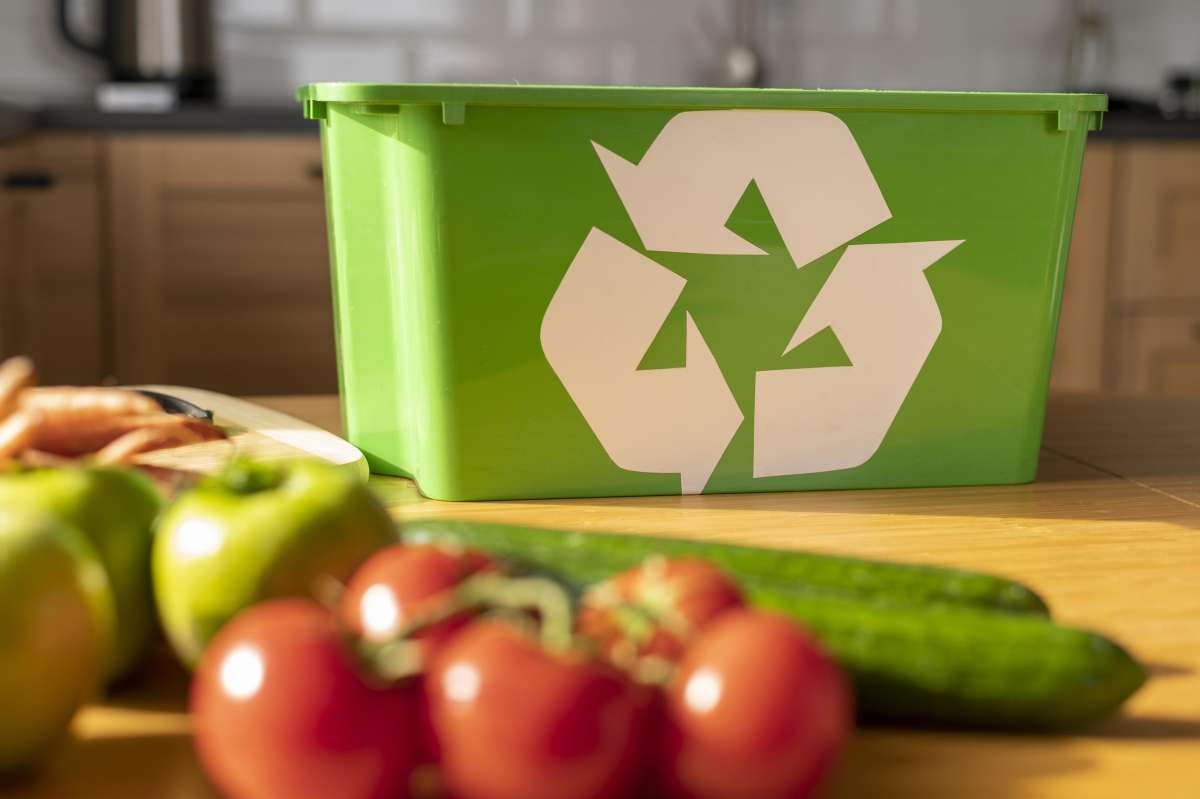
The Impact of Effective Garbage Removal on Community Health and Environment
Garbage removal is more than just an essential service; it’s a cornerstone of community health and environmental sustainability. Effective garbage removal practices not only keep our streets clean but also play a crucial role in safeguarding public health and protecting our environment. Here’s how:
1. Preventing Health Hazards
Proper garbage removal helps prevent the accumulation of waste that can harbor harmful pathogens and vectors. Piles of garbage can become breeding grounds for bacteria, viruses, and pests such as rats and mosquitoes. These can lead to the spread of diseases like gastrointestinal infections, respiratory issues, and vector-borne illnesses. By ensuring timely and effective garbage collection, communities can reduce these health risks and promote a healthier living environment.
2. Reducing Pollution
Waste that is left uncollected or improperly disposed of can contribute to environmental pollution. For instance, litter and discarded items can leach toxins into soil and waterways, leading to contamination of natural resources. Efficient garbage removal systems ensure that waste is properly sorted, recycled, or disposed of, minimizing the risk of pollution and preserving the quality of air, water, and soil.
3. Enhancing Aesthetic Appeal
Clean streets and public spaces contribute to the overall aesthetic appeal of a community. Regular garbage collection prevents unsightly litter from accumulating, making neighborhoods more pleasant and inviting. This not only boosts community pride but also enhances property values and can attract businesses and tourists.
4. Promoting Recycling and Waste Reduction
Effective garbage removal systems often incorporate recycling programs and waste reduction initiatives. By sorting waste into recyclables, compostables, and non-recyclables, communities can reduce the amount of waste sent to landfills. This not only conserves natural resources but also reduces the carbon footprint associated with waste management. Properly managed waste can be transformed into valuable materials, contributing to a circular economy.
5. Supporting Sustainable Practices
Garbage removal plays a vital role in fostering sustainable practices. Effective systems support waste minimization strategies, encourage the use of eco-friendly products, and promote responsible consumption patterns. By adopting sustainable waste management practices, communities can reduce their environmental impact and contribute to global efforts against climate change.
6. Ensuring Compliance with Regulations
Adhering to waste management regulations is crucial for both public health and environmental protection. Effective garbage removal ensures that communities comply with local and national regulations, avoiding potential fines and legal issues. It also helps maintain a standard of cleanliness and safety that meets regulatory requirements.
Conclusion
The impact of effective garbage removal extends far beyond the immediate task of collecting waste. It is integral to maintaining public health, protecting the environment, and enhancing the overall quality of life in our communities. By supporting and implementing efficient garbage removal practices, we can create healthier, cleaner, and more sustainable living environments for everyone.
4o mini


